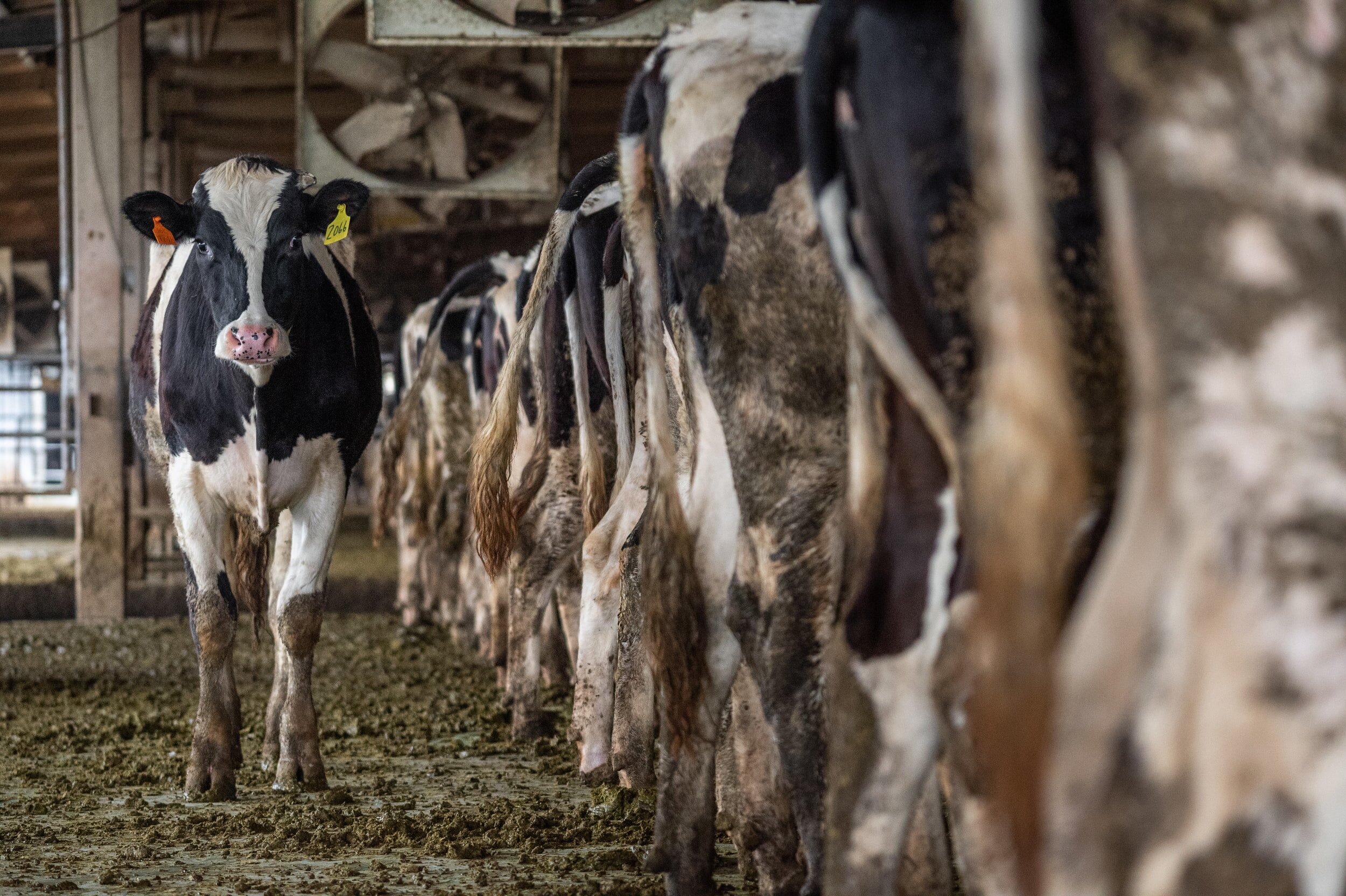When you think of mindfulness, what do you picture? Maybe someone meditating and practicing deep breathing, or someone journaling by candlelight before bed. Or, maybe someone in glittering platform heels pole dancing with a hypnotic flow to Hiatus Kaiyote…
Read MoreOver the past few years, land acknowledgements have become commonplace at UC Berkeley. You may see them in email signatures, lecture slides, and introductions to webinars. All too often, once the slide is clicked through or the next guest speaker takes the stage, the land acknowledgment, or any further information regarding Indigenous land and sovereignty, is not brought up again…
Read MoreIt has been two years since California overcame its over seven year-long drought, only to digress to an even worse state of drought in 2021. While the state frequently receives low rainfall, this is a cause for concern because of rising temperatures stemming from climate change…
Read MoreMost of us are familiar with the Old McDonald—the man from the nursery rhyme who had a farm. We picture the farm with a stereotypical red barn with hay, a few pigs rolling in mud, horses, and a couple cows out in huge pastures. This romanticized version of the American farm is no longer a reality.
Read MoreIn order to share the experiences of women in the technological field, the Women in Tech Symposium selects a tech-related topic each year and holds panels and discussions to dive deeper into the area of focus. This year marked the 5th Annual Women in Tech Symposium titled The New Era in Human-Computer Interaction.
Read MoreIn 2016, the American dairy industry dumped out over 43 million gallons of milk. Farmers poured gallon after gallon into fields, manure pits, and animal feed. The dairy industry had grown so large that the market was flooded with more milk than consumers wanted, and prices subsequently plummeted.
Read MoreWhile cities can often appear to be a losing battle ground between Mother Nature and concrete, efforts in recent years have yielded a surprising increase in the amount of green speckling the maps of urban areas. Collaborative cultivation of public land through the creation of community gardens is steadily growing in popularity.
Read MoreIn the seemingly endless list of everyday practices interrupted by the COVID-19 pandemic, shopping for food has been, for many, a source of stress and difficulty. Border closures and trade restrictions have disrupted global food chains and affected millions of farmers, farmworkers, and consumers.
Read MoreThe common public perception of bats is historically negative. They are thought of as vectors of disease, aggressive towards humans, and often connotated with myths of vampires. However, bats are an integral and often overlooked component of the food system.
Read MoreSocial media influencers and dietitians alike have made avocados the quintessential health food. Pinterest boards of the abundant ways to eat avocados--from guacamole to avocado toast-- have increased sales and popularity of the fruit. While seeming like a harmless commodity, this growth in demand has had environmental justice implications for the farmers who grow these fruits.
Read MoreA 2016 United Nations Report on Emerging Issues of Environmental Concern is getting new attention in light of the global Coronavirus pandemic. A large section of the report details the increasing risk of zoonosis, or the process of animal based viruses mutating to infect humans, which is the process by which coronaviruses infect humans.
Read MoreBlocks of solid carbon, biochar, are produced when organic materials such as wood chips or walnut shells are heated without the presence of oxygen. When correctly added to soil, biochar can lead to massive increases in plant growth and water retention.
Read More











